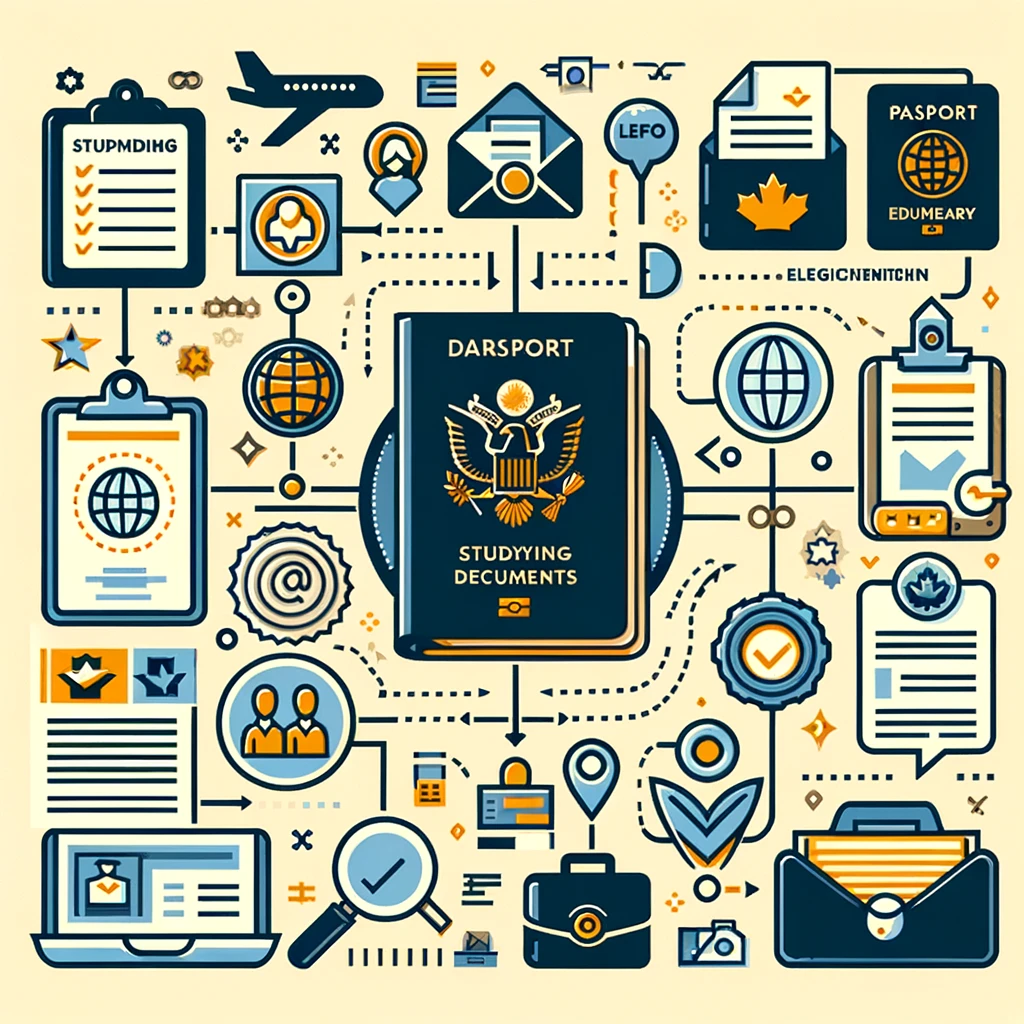Preparing Official Documents for Working or Studying Abroad: A Comprehensive Guide
As you embark on your journey to work or study abroad, it's crucial to have the right official documents. These are not just essential for obtaining visas and work permits but also for maintaining your legal status in a foreign country. With Canada's recent accession to the Hague Apostille Convention on January 11, 2024, the process for authenticating documents has become more streamlined for use in member countries. This guide will help you understand the necessary documents and the updated steps for authentication and legalization.
Essential Documents for Working or Studying Abroad
- Passport: Your passport is your most critical document. Issued by your country of citizenship, it proves your identity and nationality. To obtain one, you need identification and citizenship documents, such as a birth certificate, driver's license, or government-issued ID.
- Visa: A visa, specific to the country and purpose of your visit (work, study, travel), requires your passport, application form, photographs, and supporting documents.
- Work Permit: To work legally in a foreign country, a work permit is necessary. The requirements vary but generally include your passport, employment contract, and proof of qualifications or work experience.
- Educational Degrees and Certificates: For studying abroad, you'll need to provide proof of your educational qualifications, like degree certificates and transcripts.
- Criminal Record Check: An increasingly important document, this check is vital for both employment and educational purposes abroad. It provides assurance regarding your background to foreign authorities.
Apostille or Authentication and Legalization Process
The authentication and legalization of documents ensure their validity abroad. However, with Canada joining the Hague Apostille Convention, you'll need an Apostille from either Global Affairs Canada or the provincial competent authority for member countries. For non-apostille countries, the traditional authentication and legalization process is required.
Step 1: Notarization
- Documents may need notarization, involving a notary public who creates a notarized copy or swears it before them.
Step 2: Apostille or Authentication
- For Apostille countries: Obtain an Apostille from Global Affairs Canada or the provincial competent authority.
- For non-apostille countries: After notarization, your documents require authentication by Global Affairs Canada or provincial competent authority to verify the notary’s signature and seal.
Step 3: Legalization
- For non-apostille countries: Post-authentication, the documents must be legalized at the embassy or consulate of the destination country, confirming their validity.
Conclusion Trust The Experts @ Global Document Solutions
When planning to work or study abroad, preparing your official documents with the appropriate authentication or apostille is key. This ensures a smooth transition to your new destination. Remember, requirements may vary based on the country, so research and plan accordingly to avoid delays or complications.


